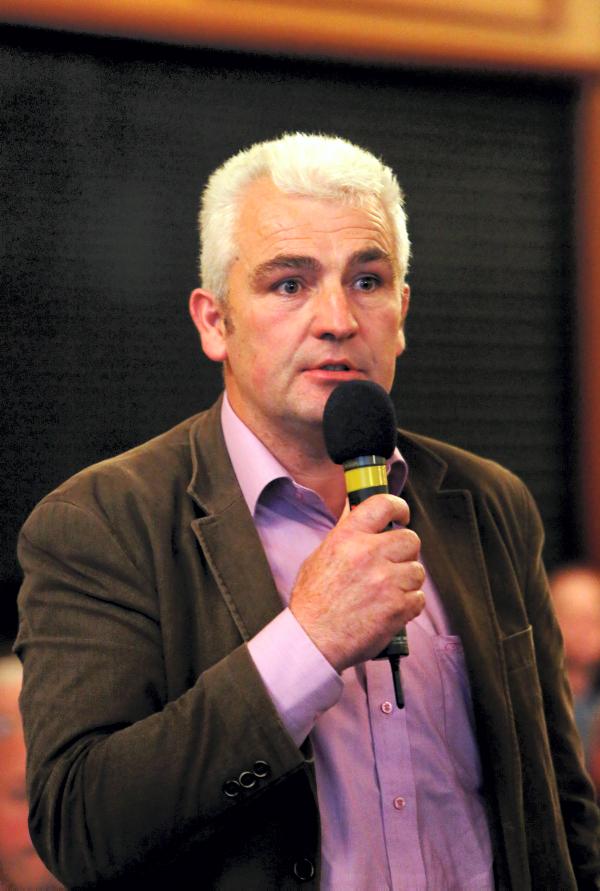The fact that prominent IFA hill farmers have penned a public letter claiming a sell-out on GLAS is unsurprising. The stipulation that half of a commonage’s farmers must enter a collective agreement to guarantee priority access to GLAS is deeply divisive.
However, it was unusual that the accused were “IFA at national level”, particularly when one of the signatories is the vice-chair of the Rural Development Committee, Colm O’Donnell.
The accused were otherwise unnamed, but I suspect it refers chiefly to Colm’s chairman Flor McCarthy, and President Eddie Downey. It’s all a sign of how frustrated hill farmers have become.
This issue has deep roots, going right back to 1998, when the first commonage framework was established. Farmers were forced to de-stock, with the most active the hardest hit. Overgrazing became undergrazing.
A belated reassessment came in 2012, establishing minimum and maximum stocking rates for each commonage, if anything a more divisive outcome. Now comes the GLAS stipulation, and a suggestion that farmers deemed “inactive” may have their Pillar I single payment threatened. The €79/ha Natura payment on private land falls way short of the €150 demanded.
IFA has consistently opposed these elements of the RDP, but not vocally enough for some.
It should be remembered that there are 15,000 commonage farmers – that’s nearly as large a cohort as the dairy sector has.
A fundamental issue of principle is at stake. As Tom Turley, the Connacht regional chairman puts it: “No farmer should be forced to be his neighbour’s keeper,” meaning no farmer should have their eligibility for any scheme, be it GLAS, DAS or SFP, affected by the actions of other farmers.
It heaps pressure on the commonage implementation committee, to be chaired by Joe Healy.
The addition of Andy McGarrigle may prove inspired. Andy brings both a wealth of knowledge and the universal respect of farmers to the table. There is criticism that Joe will be the only farmer on the committee, which will otherwise be comprised of “two senior Department of Agriculture officials with specific experience in this field and two technical experts, one from the Department of Arts, Heritage and the Gaeltacht and one from Teagasc. It might be well served to meet some of the hill committee.
The committee’s remit does extend to where there is disagreement among commonage shareholders over proposed stocking levels, and to address the troublesome 50% GLAS issue. Much rests on their deliberations.






 This is a subscriber-only article
This is a subscriber-only article










SHARING OPTIONS: